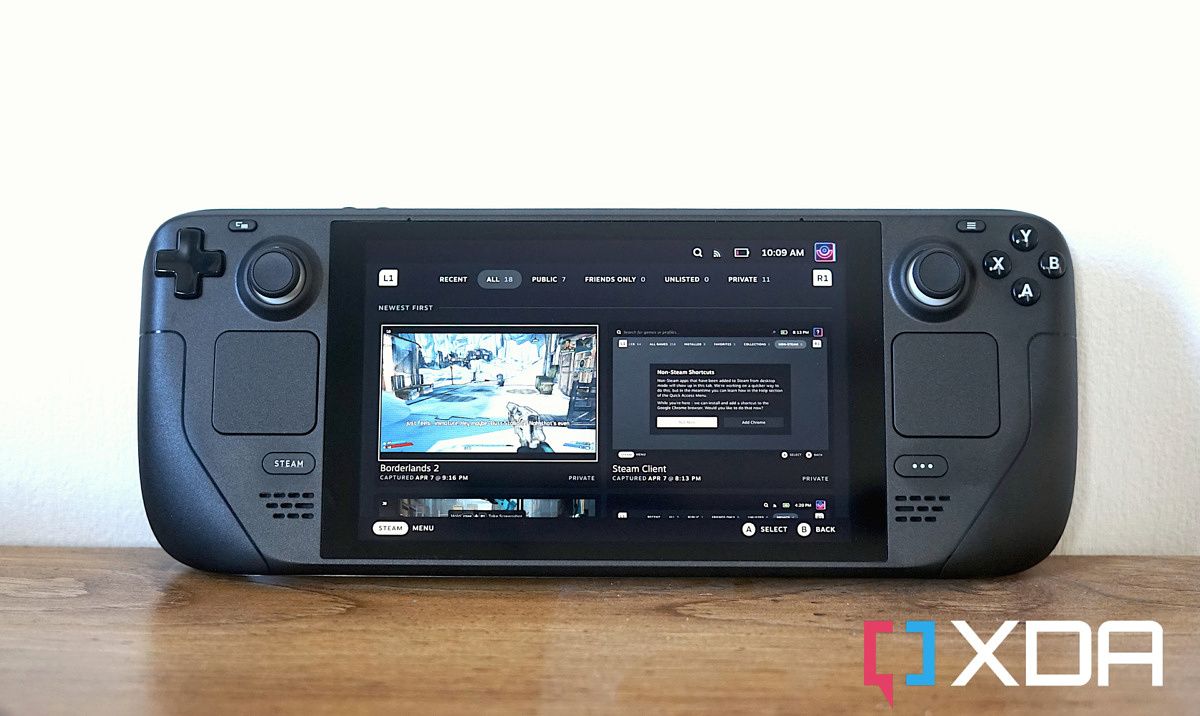Software modifications have existed almost since the birth of software itself. Users aren't always satisfied with the offerings included in a certain operating system or application. As a result, they sometimes resort to tweaks that better cater to their needs and tastes. For example, some users have been rooting their Android phones for over a decade now. That's to customize the deeper layers of the system in ways that aren't possible by default. Similarly, certain people jailbreak their great iPhones to unleash their full potentials. Meanwhile, in the computing department, we've got people installing macOS on non-Apple machines and vice versa. In an unexpected turn of events, a user has managed to run macOS Catalina on their Steam Deck.
As the photo in the above embed reveals, Redditor u/Lampa183 has been able to utilize macOS Catalina on their Steam Deck. The user resorted to SteamOS VirtualBox to execute it. The end result is a functional (at least partially) macOS on the portable gaming platform. The user highlights that some animations are laggy and that it takes 2-4 minutes to boot the system. Nonetheless, it's an impressive execution that only reflects how lenient the technologies we use can be.
macOS Catalina drops support for 32-bit apps — a compatibility that some users still rely on to run outdated software. So while we don't actually expect people out there to actively use macOS on their Steam Decks, installing macOS Mojave could be a complex workaround to run 32-bit games that have no 64-bit versions.
For those unfamiliar with the matter, Valve's Steam Deck is a 7-inch handheld gaming device. It offers an AMD APU processor, 16GB of RAM, up to 512GB of storage, and much more. It starts at $399 in the U.S., and it can cost more — depending on the specifications you pick.
Will you be installing macOS on your Steam Deck? Why or why not? Let us know in the comments section below.

